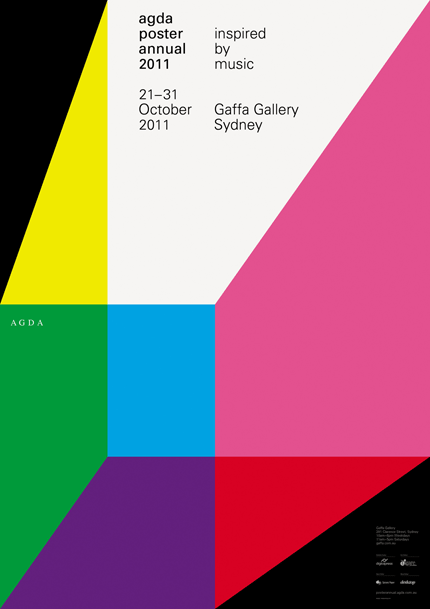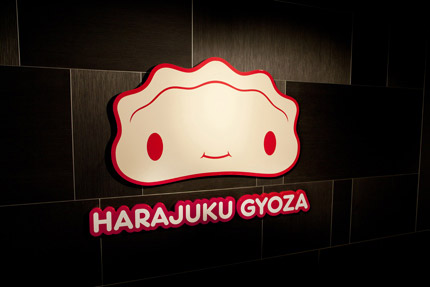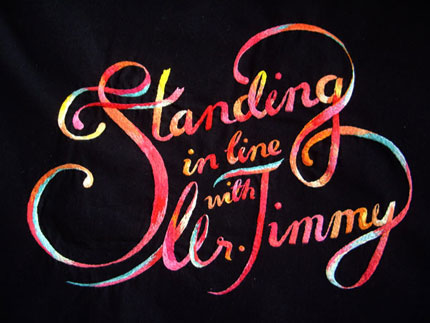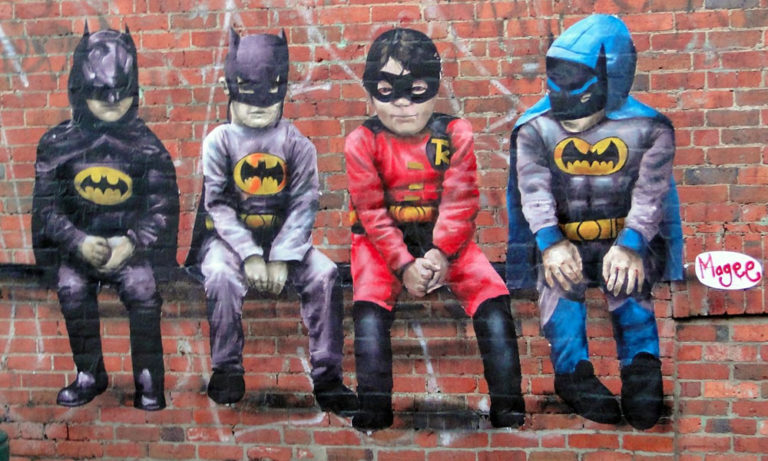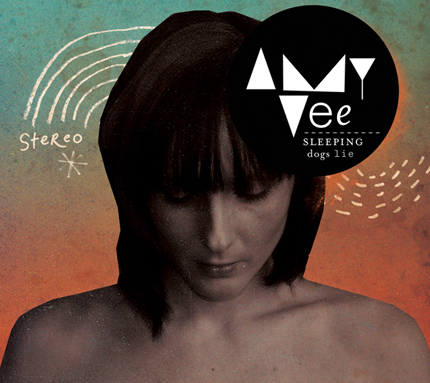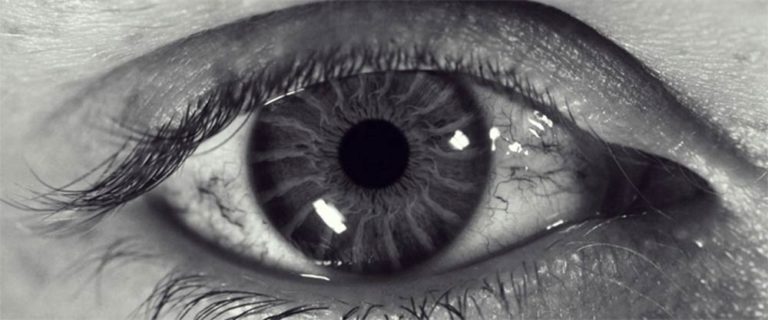Interview with designer Mark Gowing for the AGDA Poster Annual
Today is an exciting interview with Mark Gowing the Curator of the AGDA Poster Annual 2011 and of Mark Gowing Design in Sydney. He wears many hats as the owner of a creative agency, including creative director, designer, account manager and dish washer.
“What is the Poster Annual”, I hear you say? The Australian Graphic Design Association (AGDA) is asking for designers of all kinds to submit a poster design around this year’s theme of Inspired by Music. From the entries, the best will be selected to appear in an exhibition at Gaffa Gallery, Sydney, from October 21st.
To add to the prestige of the event, the exhibition will be judged by a panel of respected local and international judges. The judges include Ken Cato, Cato Purnell Partners (Australia); Kjell Ekhorn and Jon Forss, Non-Format (Norway); Chen Zhengda, Superdesign Co. (China); Fanette Mellier (France); Stephan Bundi, Atelier Bundi (Switzerland); and Eike Koenig, Hort (Germany).
Whether your an emerging or established designer, the exposure you can gain from participating in such an event, can be influential to your career. You’ll have to get started soon as the call for entries closes next Friday 12th August. Find out more here.
I spoke to Mark this week about his own creative practice and the upcoming AGDA Poster Annual. Mark himself has won MANY, MANY awards – so he is definitely speaking from experience!
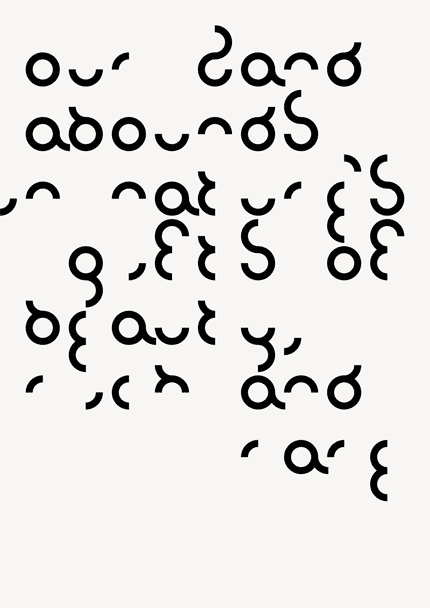
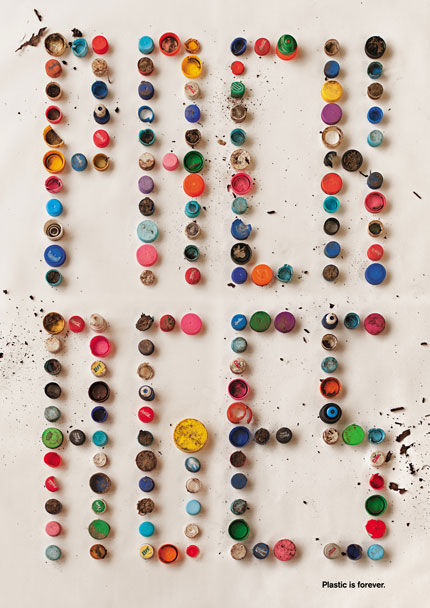
Why is it important to have opportunities like the AGDA Poster Annual for designers?
I think that events like the AGDA Poster Annual help us to broaden our horizons and understand our own point of view.
When I first began designing ideological works I thought the approach would be the same as any other job – identify the problem and find a solution. But I have found that this is not at all the case. Ideological works require you to invest your own beliefs and values to engage people at a very human and emotional level.
I think that you need to be incredibly honest with yourself to do this well, otherwise you risk the work being contrived or insincere. This process has helped me learn how to be a better designer. It’s helped me to know myself better. I have more empathy for problems and issues and am able to offer my clients a more culturally aware point of view.
Having won many awards yourself, including several from AGDA, how can this affect a designer’s career? Or what opportunities have some of these awards opened for you?
Many of the awards I have won overseas in the past are for posters that I originally created for the AGDA Poster Annual. I use the Poster Annual as a catalyst to create content and usually enter some of the posters in events around the world. Doing well in these competitions has led to my posters being exhibited and published alongside work by some of the best designers in the world.
I now get invited to design events in a lot of different countries and some of them even pick up the tab. I have met a lot of wonderful people and I think my life is richer for these experiences. I guess I now have a bit of a reputation as a poster designer and as a result I get a lot of paying commissions for commercial posters that I didn’t get before.
I have always loved poster design and aspired to make it a large part of my output. I attribute a large part of my success to the Poster Annual as I think it definitely gave me a huge leg-up.
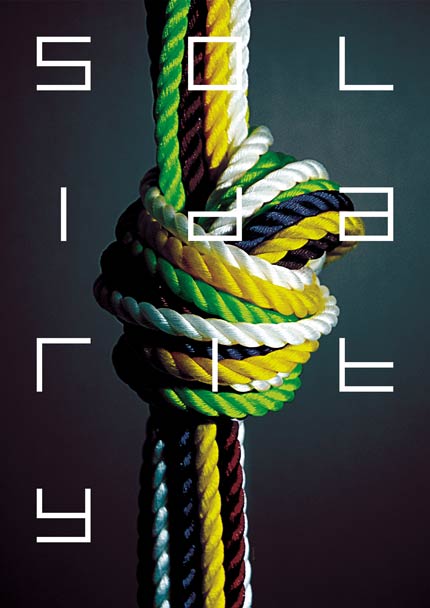
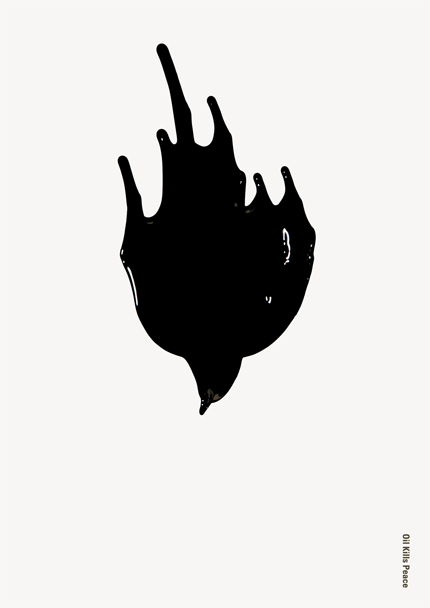
How have you got to where you are today?
I was plucked out of high school at the age of 16 to work as an apprentice designer at Scholastic, a children’s book publisher. This was a great stroke of luck for me as I hated school and desperately wanted to be a graphic designer. I’ve never been one for the process of formal education, so an apprenticeship suited me well.
In a few words, describe yourself…
Single minded, impatient, forgetful, bald.
What are you spending your time on at the moment?
Gardening and cycling.
Do you have a ritual for getting into the creative mindset? Or a creative process?
My ritual is to make sure I don’t have one. I find that any kind of routine makes me bored and complacent. I try to always be in a creative mindset so I never need to switch it on.
What or who inspires you?
Nature, science, art, literature – good writing is the greatest art. I’m probably at my most creative when I’m really pissed off. Being upset can be a great motivator.
What are you most proud of?
I have spent the last fifteen years doing things my way and have always been able to feed and clothe myself.
When you were a child, what did you want to be when you grew up?
A carpenter like my grandfather. I don’t have the patience.

